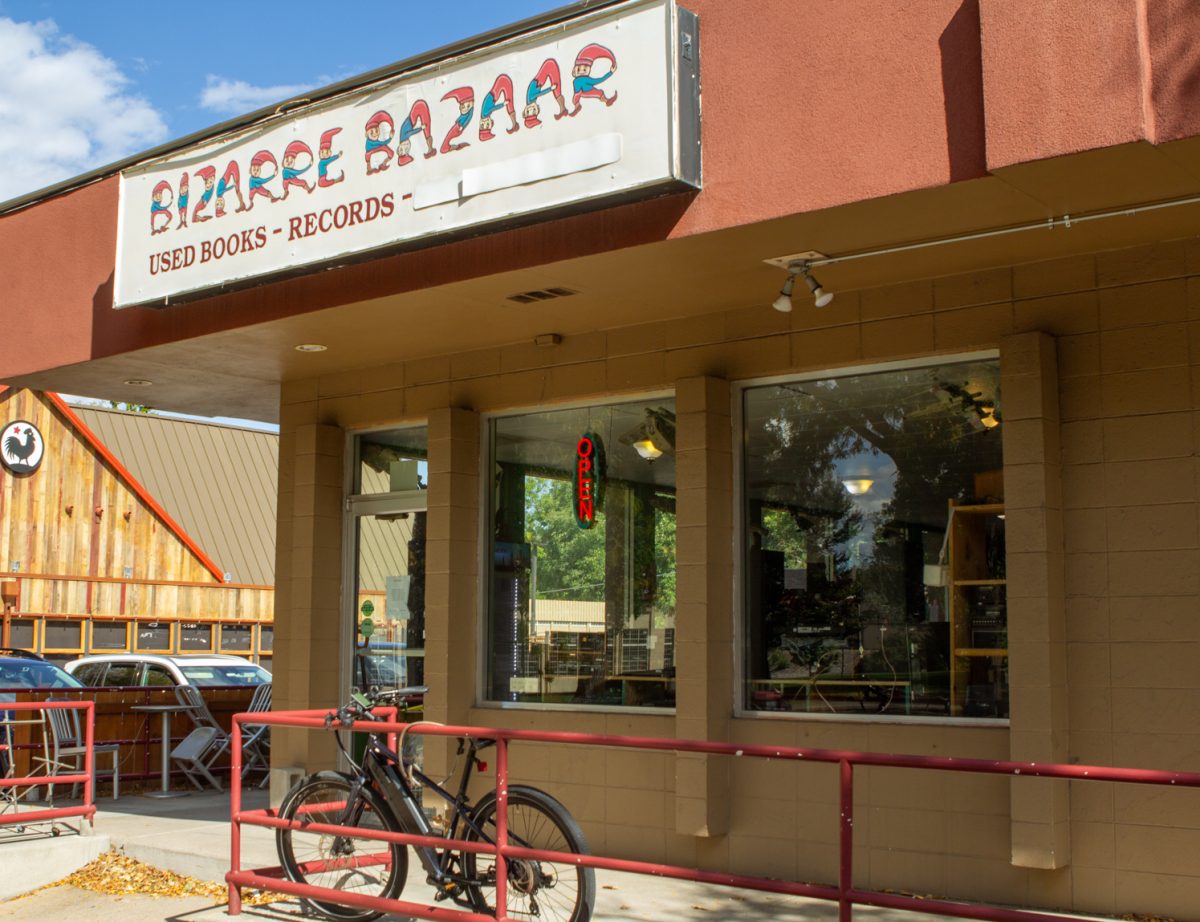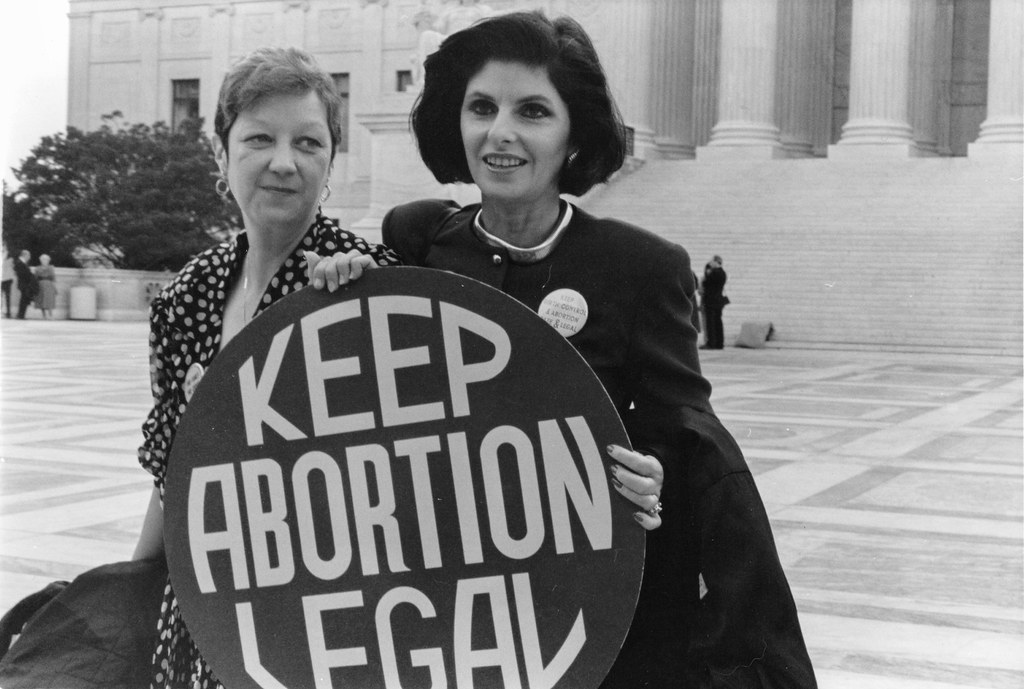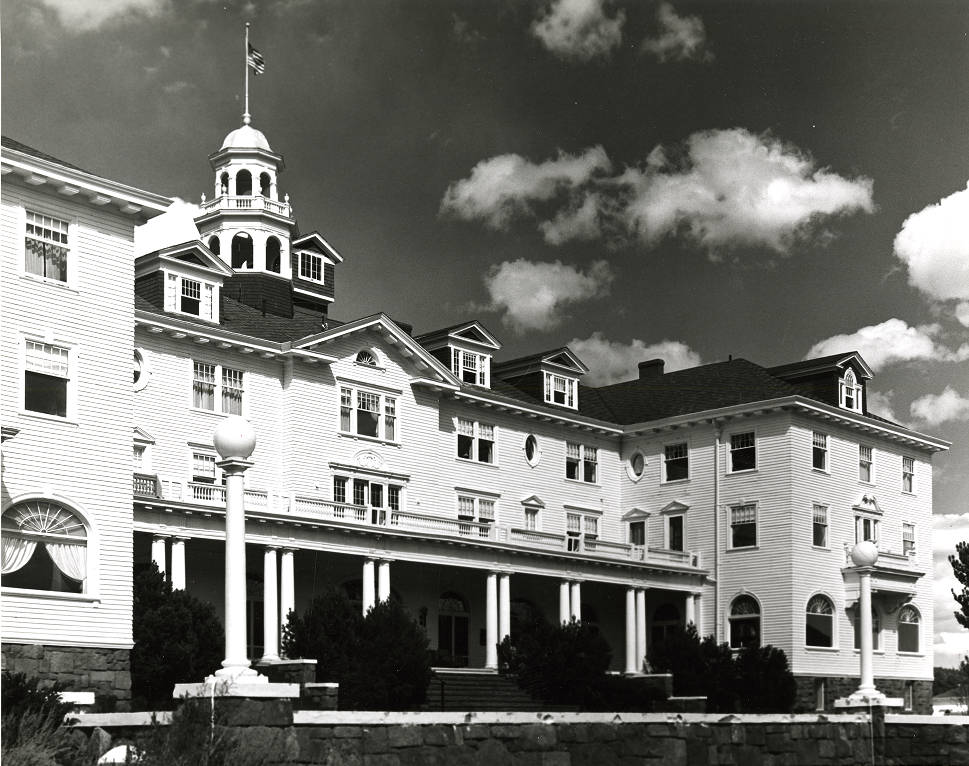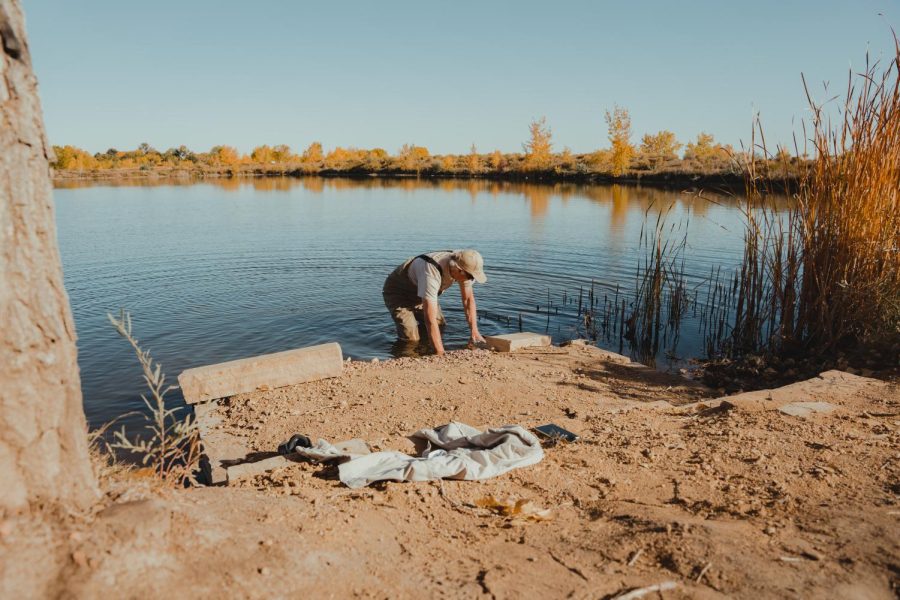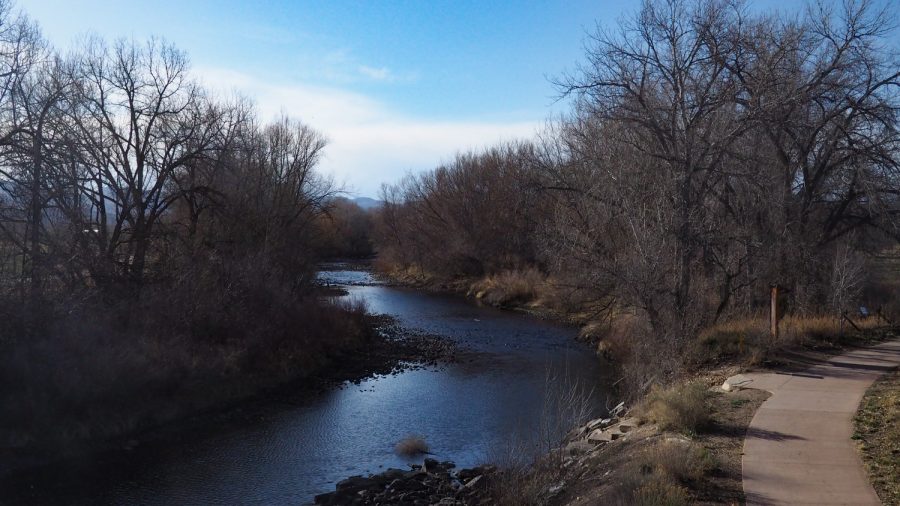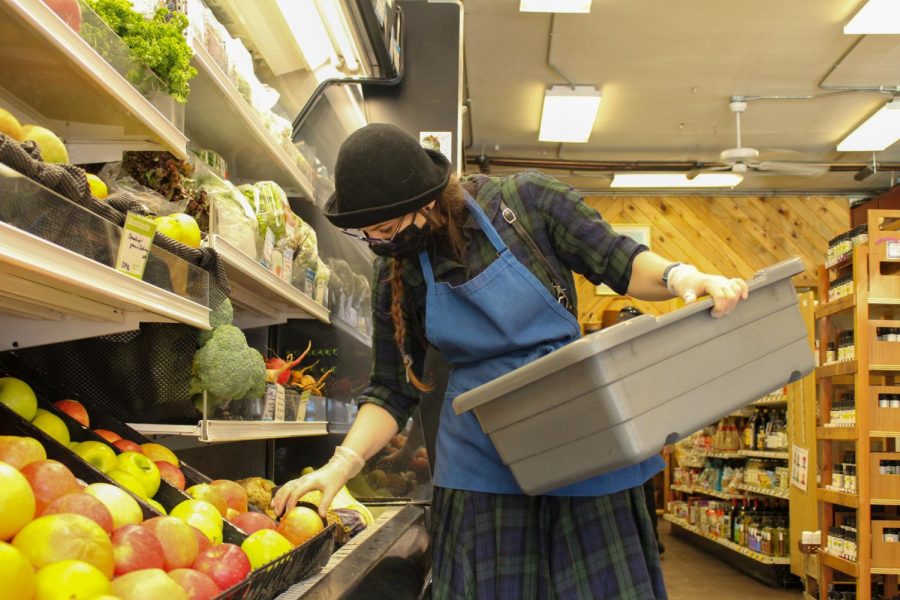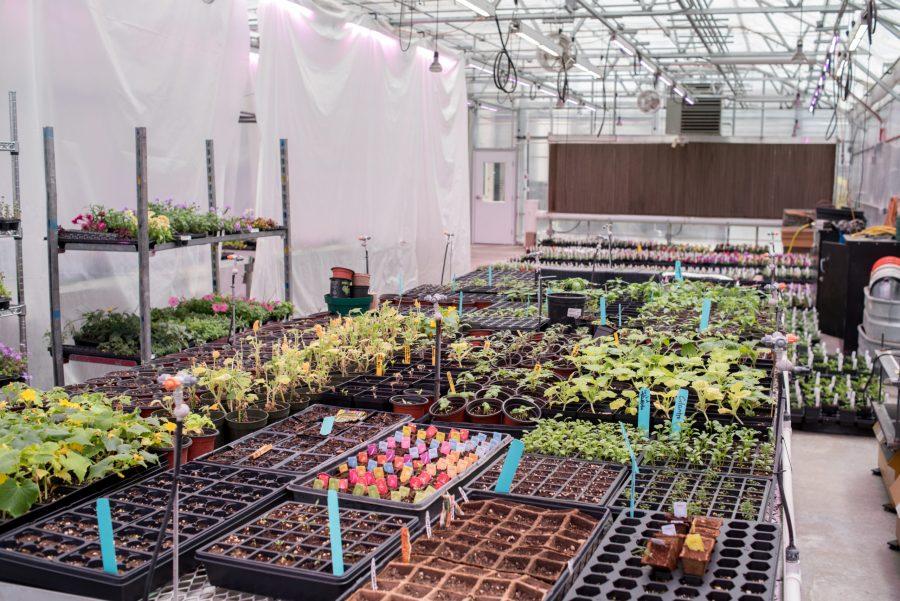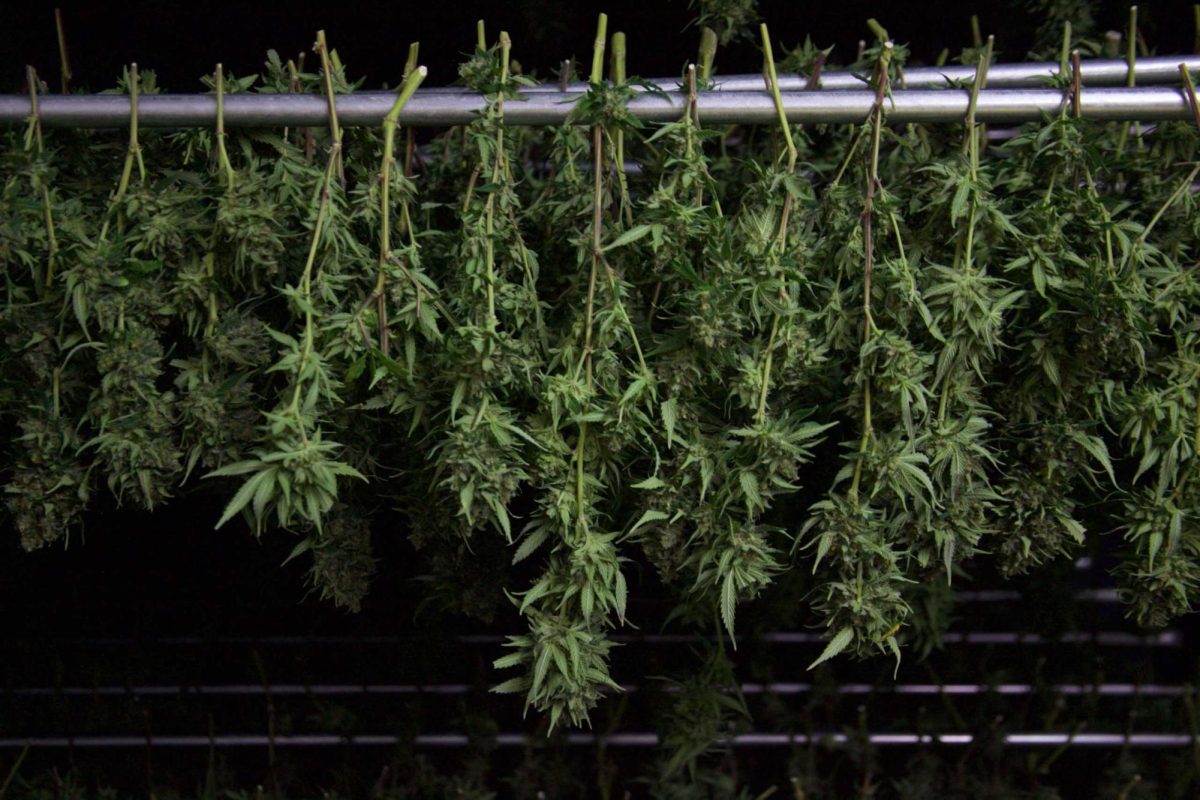Traditions in Cannabis
How did April 20th become recognized as a cannabis holiday, even by those who don’t smoke?
A group of high school buddies in the 1970’s, from Marin County, California, began referring to getting high as the time that they intended to smoke together, 4:20pm Their nickname appealed to other stoners, as a single joint could land you in jail for up to ten years at that time.
Once the number 420 became synonymous with cannabis, April 20th became an unofficial holiday that celebrates counterculture.
Origins
Cannabis was traditionally seen as medicine, used for spiritual practices, and was valued for its durable fibers. Marijuana was first recorded as a popular medicine by Chinese Emperor Fu Hsi in 2900 BC.
Historians, botanists, and other researchers have made the case for cannabis’s reference in the bible, specifically during Christ’s anointment. The book of Exodus, which occurs around 1450 BC, references Kaneh Bosem, the Hebrew name for cannabis, as a main ingredient in holy anointing oil.
Cannabis grows naturally in several regions. It was utilized in ancient Greek and Roman societies, as well as the Islamic empire. The crop was introduced to the Western Hemisphere by the Spaniards around 1545.
Criminalizing Cannabis
The effort to criminalize marijuana began in the 20th century by the US Department of Justice.
America’s first cannabis-related arrest happened at Denver’s Lexington Hotel on Oct. 5, 1937. Samuel R. Caldwell and Moses Baca were arrested for the sale of two joints. Their conviction led to the enactment of the Marijuana Tax Act of 1937. This legislation laid the foundation for federal criminalization.
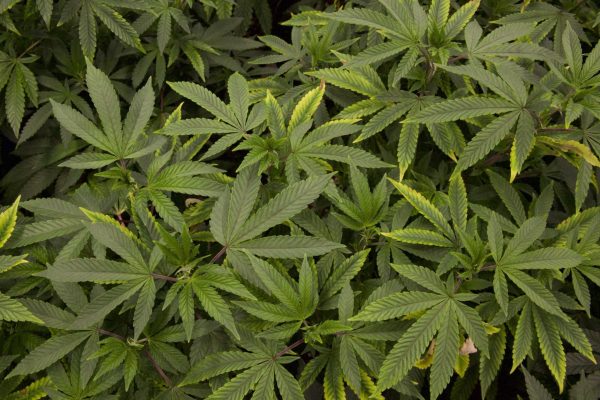
The fluctuating legal status of cannabis has been described as a culture war, though the impacts of criminalization have been consequential to all Americans.
The criminalization of cannabis disproportionately impacted marginalized communities, serving as an excuse for mass incarceration.
The Drug Enforcement Administration justifies the federal criminalization of cannabis, citing “a high potential for abuse” and “a lack of accepted safety for use under medical supervision.” Cannabis is classified as a Schedule I substance within the Controlled Substances Act.
Individuals who received simple possession charges before state legalization continue to be penalized, due to this federal classification.
There are currently 19 states where cannabis is criminalized, four of which – Kansas, Oklahoma, Utah, and Wyoming – share a border with Colorado. A single joint could result in a possession charge, but just across state lines, it’s completely legal.
While the movement for cannabis legalization has made great strides since the start of the Green Rush, federal reform is needed to ensure equal enforcement of the law.
Federalism
The Federal Government intends to avoid prosecuting cannabis-related issues in states where laws are solid, and industry practices appear to be fair and minimally harmful as explained in The Cole Memorandum..
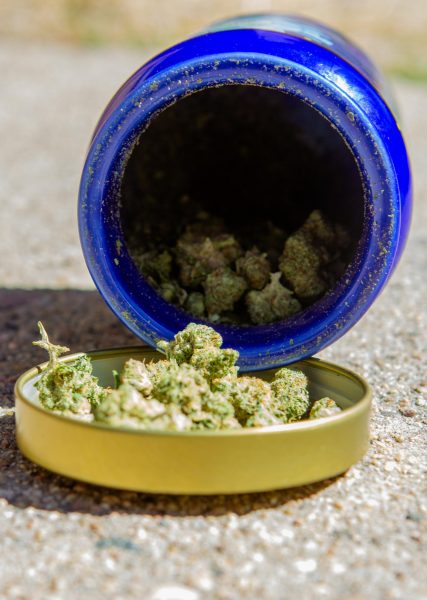
The Cole Memorandum was officially reversed after President Donald Trump named Jeff Sessions, Attorney General. The Department of Justice has left the decision to prosecute cannabis offenses up to individual US Attorneys.
Selective enforcement on behalf of the Federal Government impacts some communities more than others. A study conducted in 2023 by the United States Sentencing Commission found that 70.8%of individuals charged for the possession of cannabis in a five-year period were Hispanic, and 59.8%were not US citizens.
Mixed-Legal Status
Cannabis has a mixed legal status in many states and it is necessary to understand the difference between decriminalization and legalization to interpret policy across state lines.
Decriminalization describes a policy in which possession, production, and commercialization are illegal but are not prosecuted as a criminal offense. Legalization describes a policy in which possession, production, and commercialization are not at all prohibited by law.
Individuals incarcerated during the war on drugs continue to experience formal and civil penalties for charges that don’t exist in many states today. Legalization at the state level has been positive for many Americans, but further reform is needed to enforce cannabis policy in a non-discriminatory manner.
Decriminalizing Cannabis
Colorado has been a leader in cannabis reform since Amendment 64 passed in 2012. 12 years later, Colorado is one of 24 states to legalize recreational and medicinal use for individuals 21 and older.
In 2021, the Colorado General Assembly discussed 10 cannabis-related bills, eight of which passed. The Criminal Marijuana Offenses (HB21-1090) bill raised the legal limit for possession to two ounces of cannabis. It also required that, upon request, the court must seal conviction records for individuals charged with possession who do not re-offend.
Similar reform is in motion at the federal level. In October 2022, President Joe Biden pardoned US citizens and permanent residents who had been convicted of simple possession of cannabis.
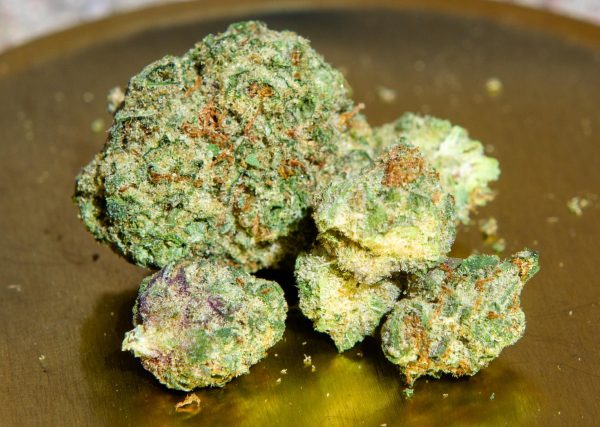
He also recommended a review of the plant’s scheduling under the Controlled Substances Act. As a result, the Marijuana Opportunity Reinvestment and Expungement Act (H.R.3617) was introduced in 2021. This bill proposed the decriminalization of cannabis at the federal level; It was approved by the House of Representatives and then referred to the Senate Committee on Finance.
The States Reform Act (H.R.5977) was also introduced in 2021, in an attempt to decriminalize cannabis at the federal level, but for financial purposes rather than as criminal justice reform. This legislation would “allow for federal oversight of interstate medical marijuana products,” and would create a federal permit system and excise tax structure for cannabis businesses. It did not pass but has been rewritten and reintroduced in Congress as The States Reform Act of 2023 (H.R. 6028).
The 118th Congressional session has the potential to be pivotal for decriminalization. If either the MORE Act or the States Reform Act are enacted, federal and state policies will overlap in a fashion that makes the discriminatory impacts of mass incarceration easier to address.
April 20th is both a celebration and a reminder to contact your representatives to voice your support for cannabis policy reform.


